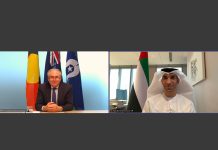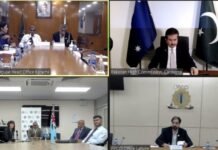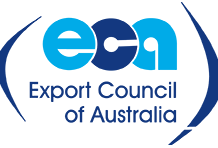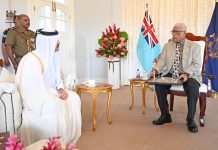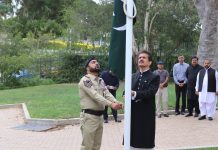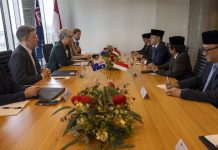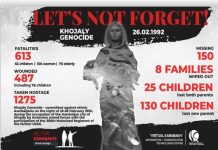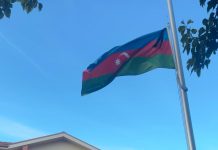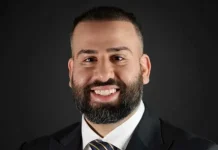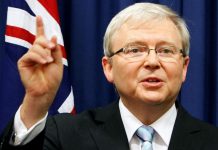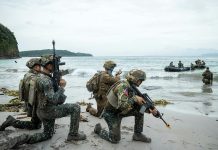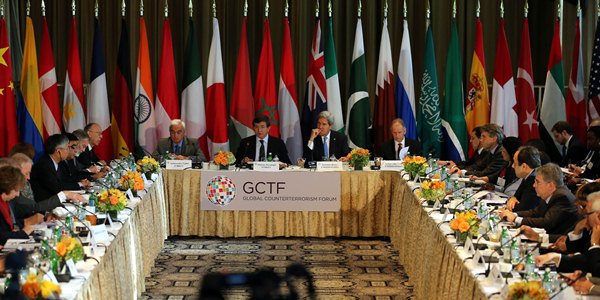
Global Counter-terrorism Forum has agreed to find an internationally-recognized solution to
the problems posed by Foreign Terrorist Fighters movement, including statelessness of
accompanying family members.
The agreement was reached during the Thirteenth Coordinating Committee Meeting of the
Global Counterterrorism Forum (GCTF), co-chaired by Morocco and the Netherlands, took
place in Tokyo, Japan on Tuesday, March 20, 2018.
Founded in 2011, the GCTF is a multilateral counterterrorism platform focused on
identifying critical civilian counterterrorism needs, mobilizing the necessary expertise and
resources to address such needs, and enhancing global cooperation. With its 30 members
including Australia the GCTF aims to diminish terrorist recruitment and increase countries’
capabilities for dealing with terrorist threats within their borders and regions.
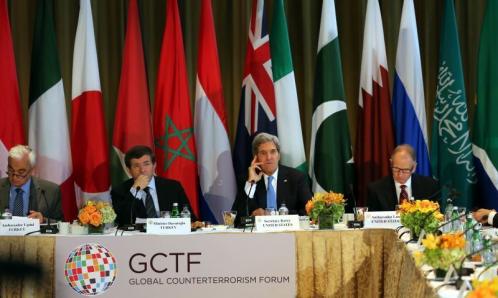
During the session United States Coordinator for Counterterrorism Ambassador-at- Large
Nathan A. Sales briefed GCTF members on the priorities for and activities of the GCTF’s
Foreign Terrorist Fighter (FTF) Working Group, which the United States co-chairs with
Jordan. Ambassador Sales presented an update on the United States-Netherland’s co-led
Initiative to Address the Challenge of Returning Families of Foreign Terrorist Fighters, and
introduced a new initiative co-led by the United States and Morocco, The Initiative on
Improving Capabilities for Detecting and Interdicting Terrorist Travel through Enhanced
Terrorist Screening and Information Sharing.
This new initiative will address potential weaknesses or gaps in states’ capacities to develop watch-lists, share information, and use
that information for screening purposes in accordance with the U.S.-drafted UN Security
Council Resolution 2396, which the Council adopted unanimously last December, along with
66 co-sponsors.
The Foreign Terrorist Fighters (FTF) Working Group is seeking solutions to the problems
posed by FTF movement, including statelessness of accompanying family members. The
Working Group is supporting three initiatives, each of which will result in internationally-
recognized, non-binding good practices documents.
In addition to this new initiative, these include two initiatives launched in November 2017: the aforementioned Initiative on
Addressing the Challenge of Returning Families of Foreign Terrorist Fighters and the
Initiative to Address Homegrown Terrorism, co-chaired by the United States and Morocco.
Foreign Terrorist Fighters movement is a challenge Australia is also facing besides
preventing home grown extremism and online recruitment of militants. Implementing the
new initiatives of The Foreign Terrorist Fighters (FTF) Working Group and increasing the
level of intelligence sharing with the GCTF members would definitely help Australia to
secure its borders and tackle the menace of terrorism.



